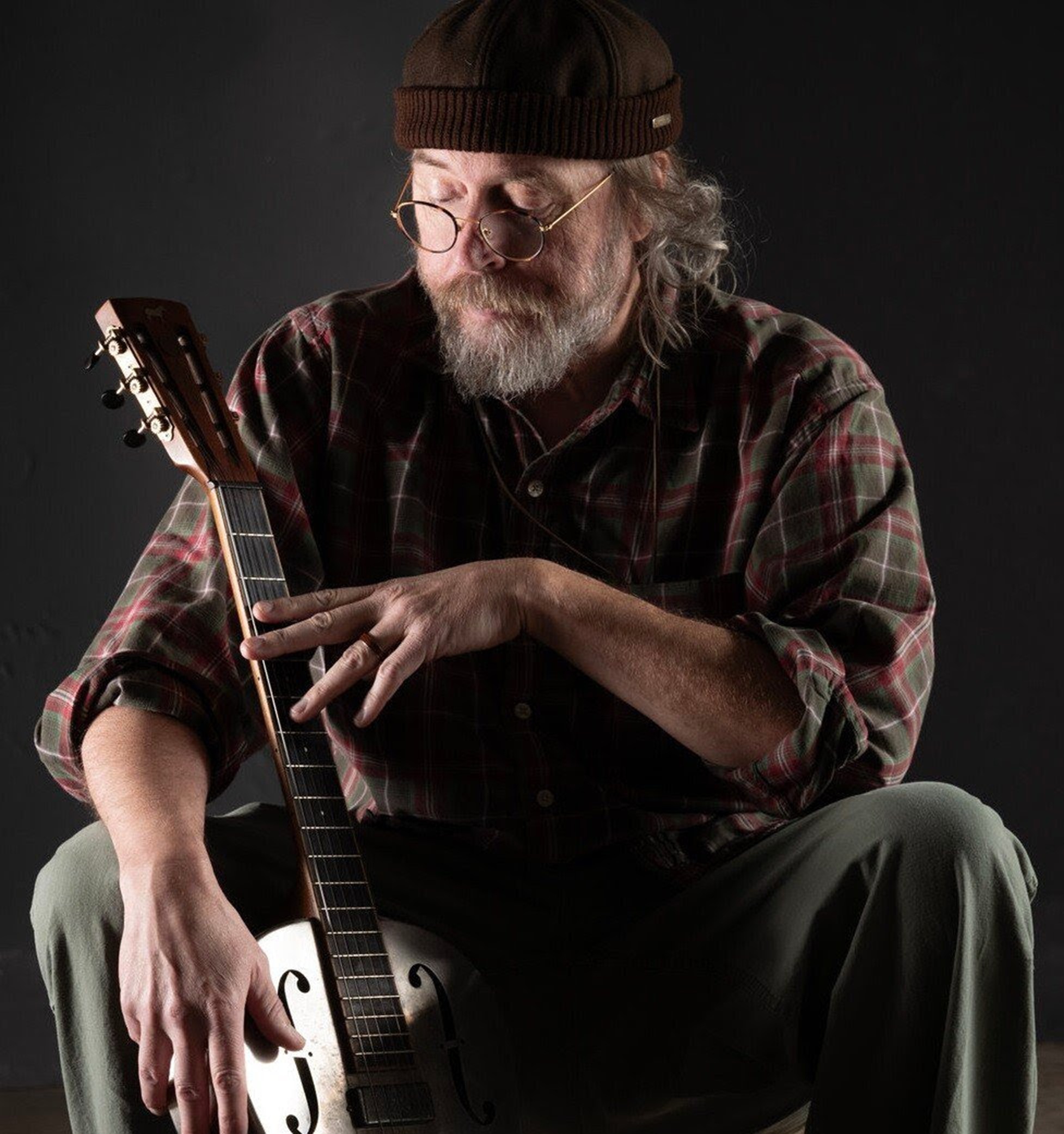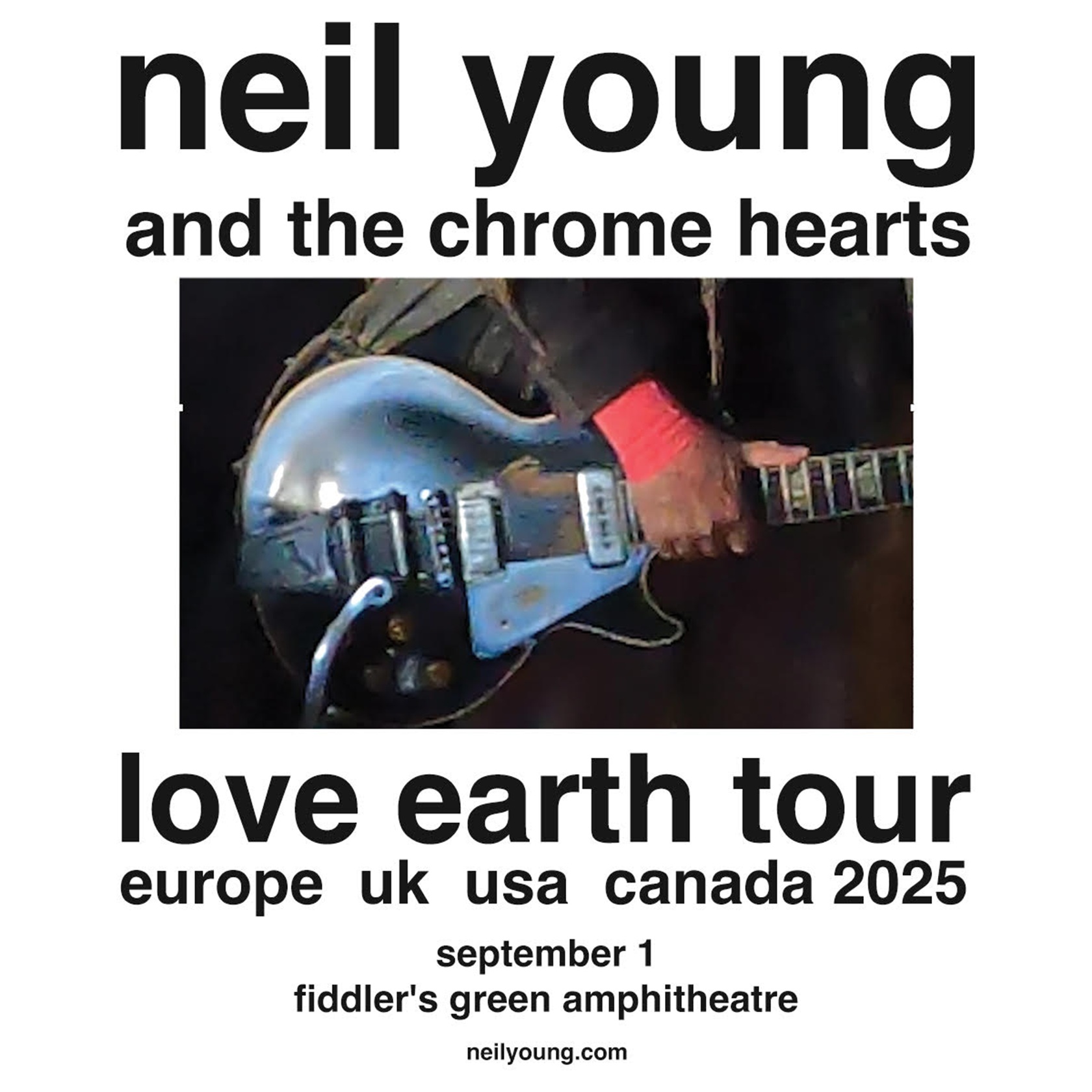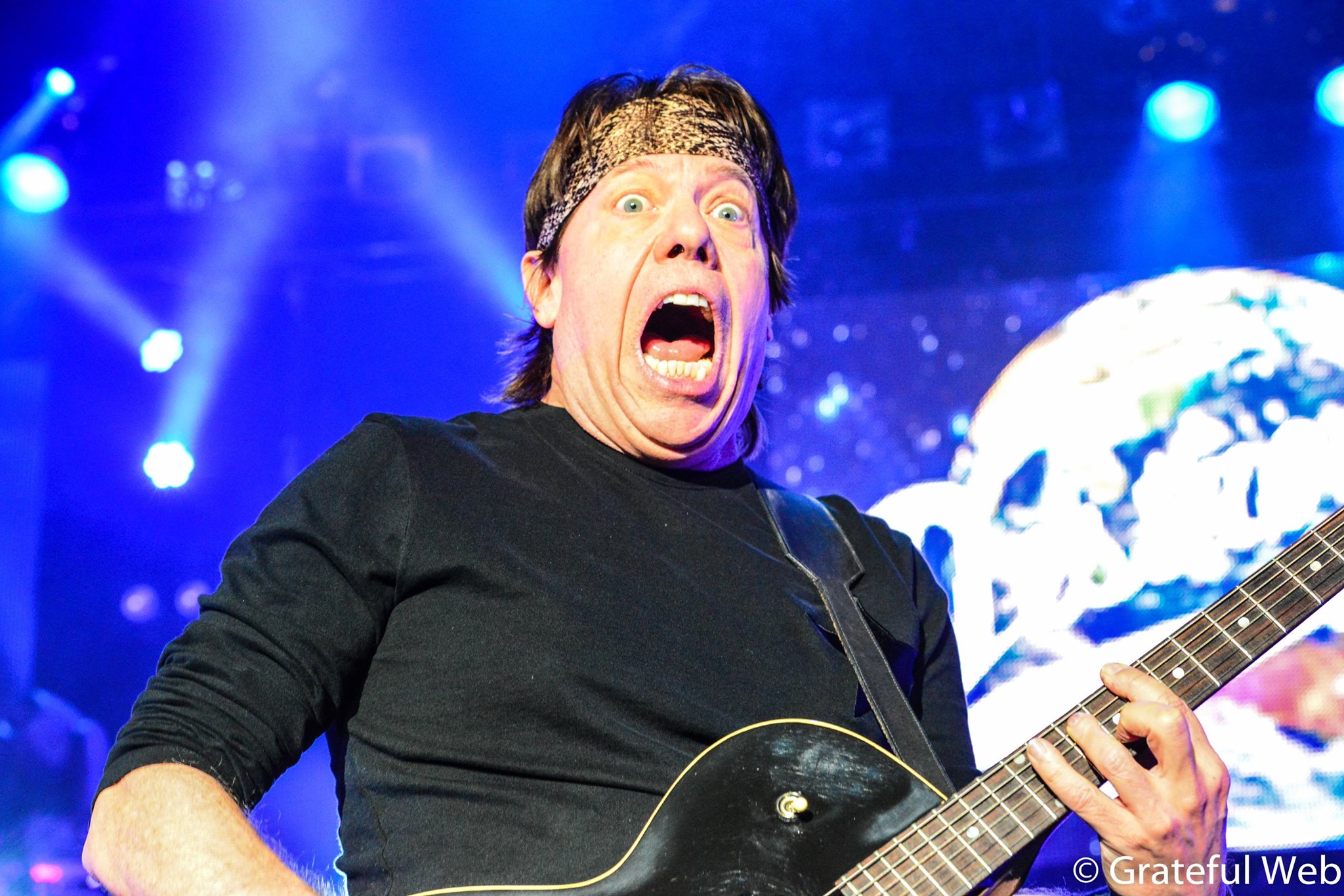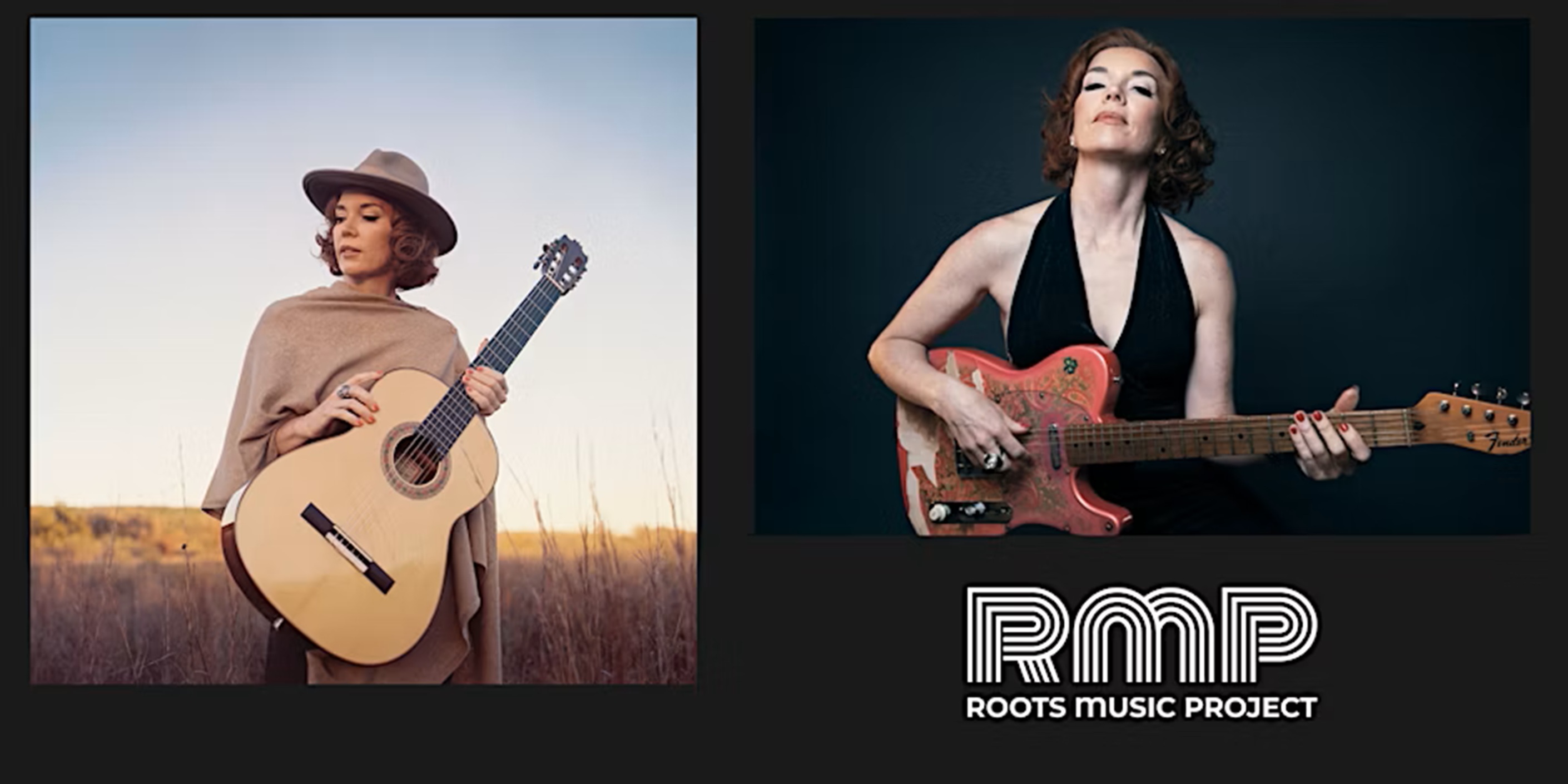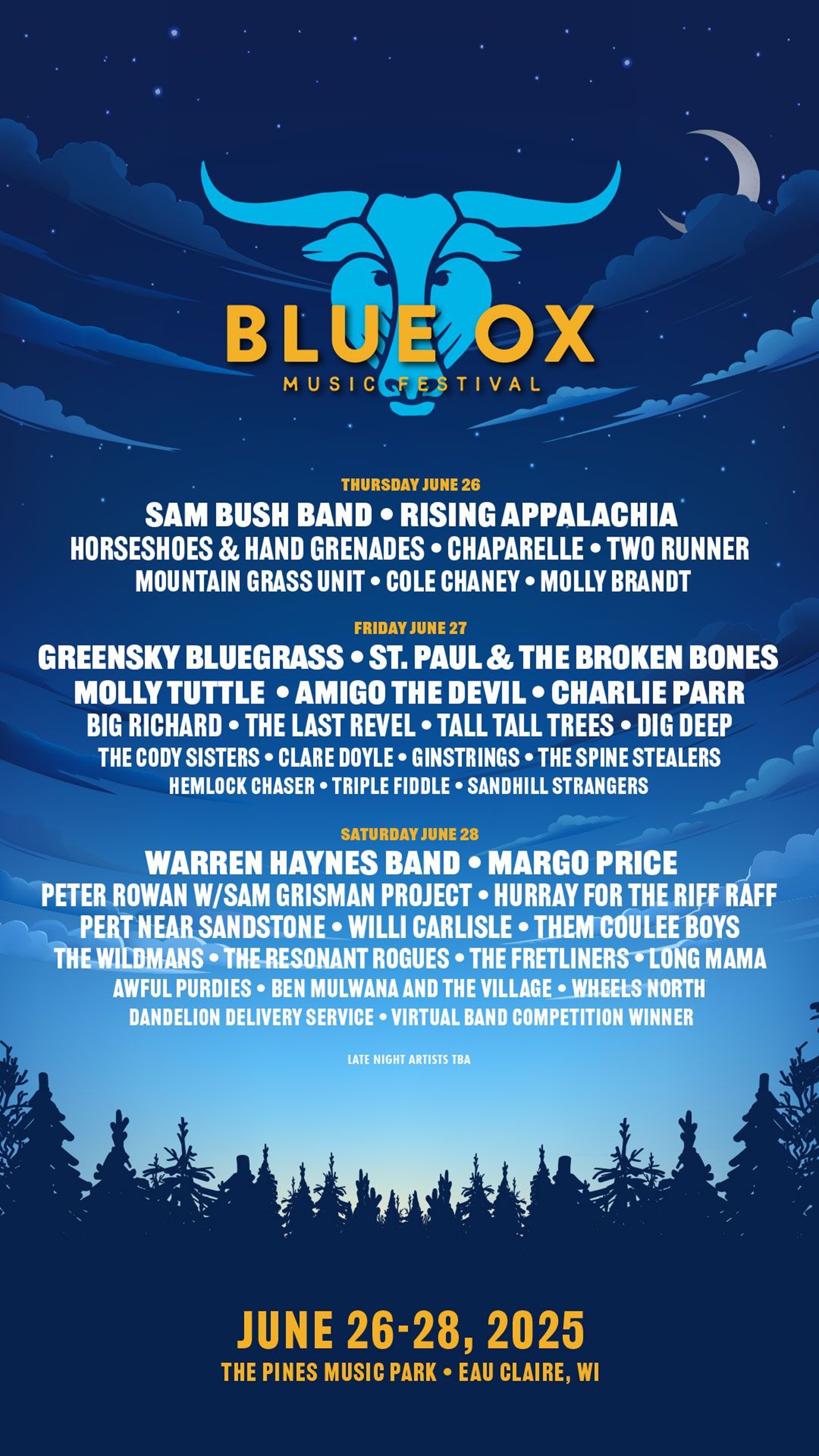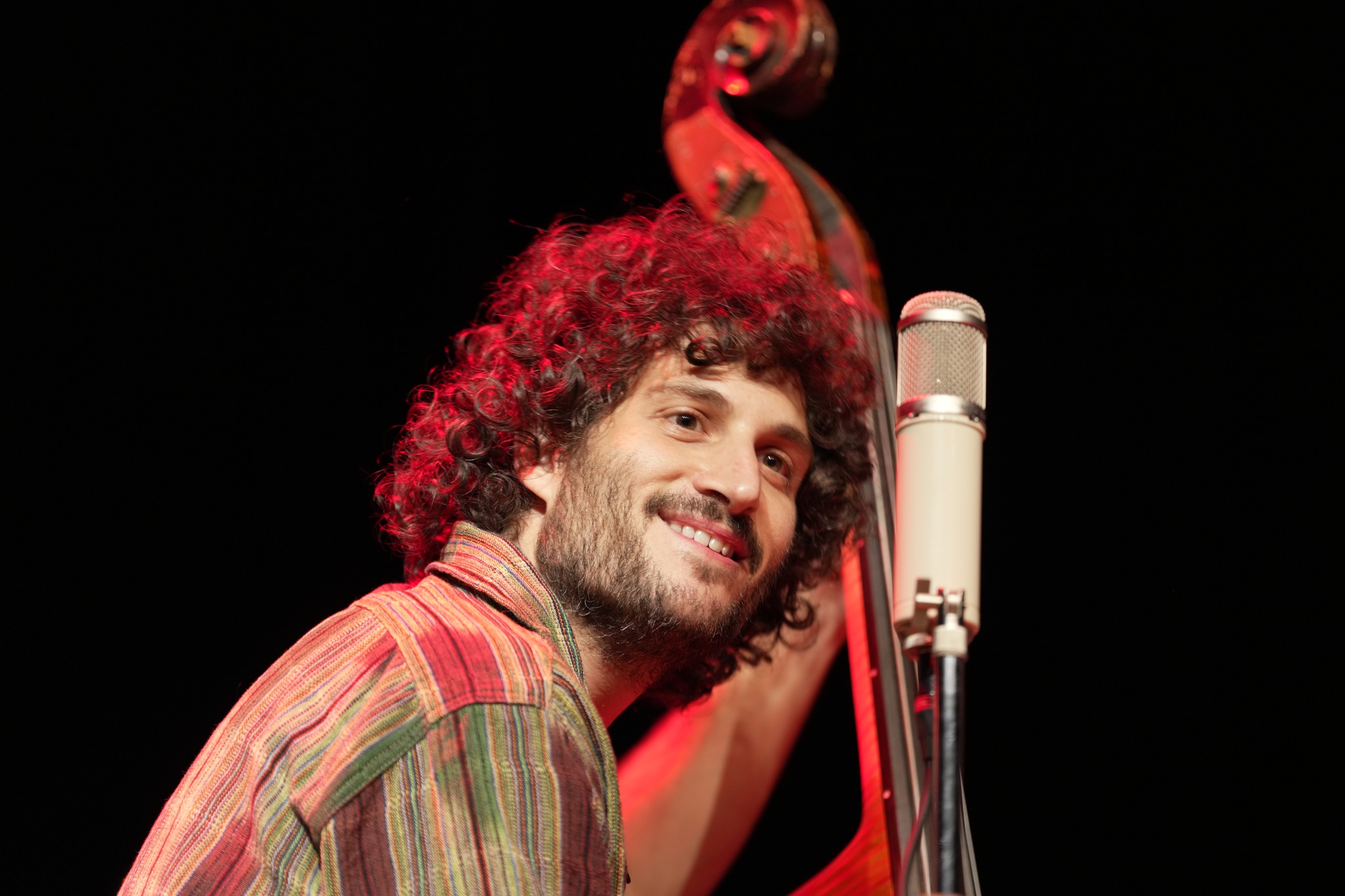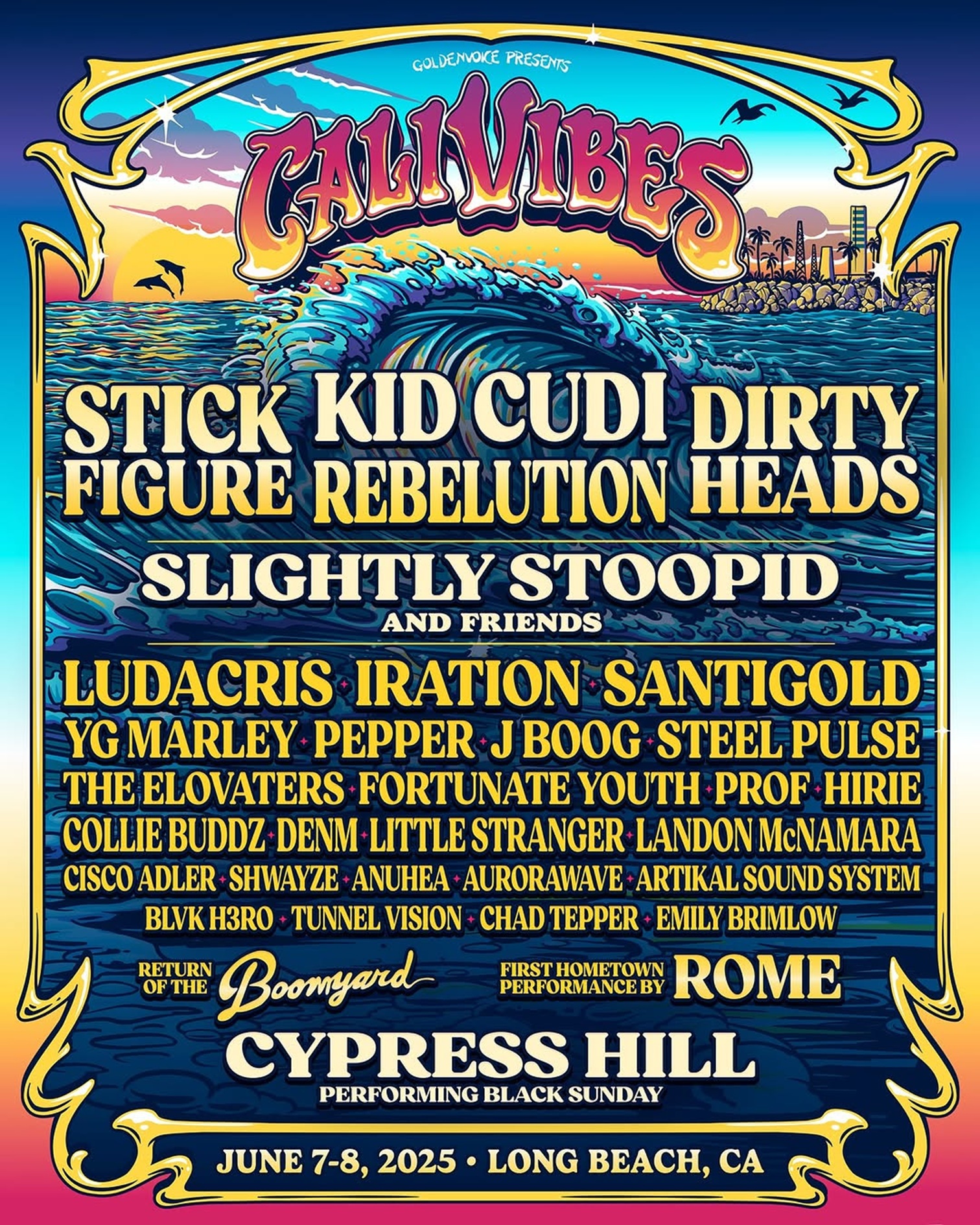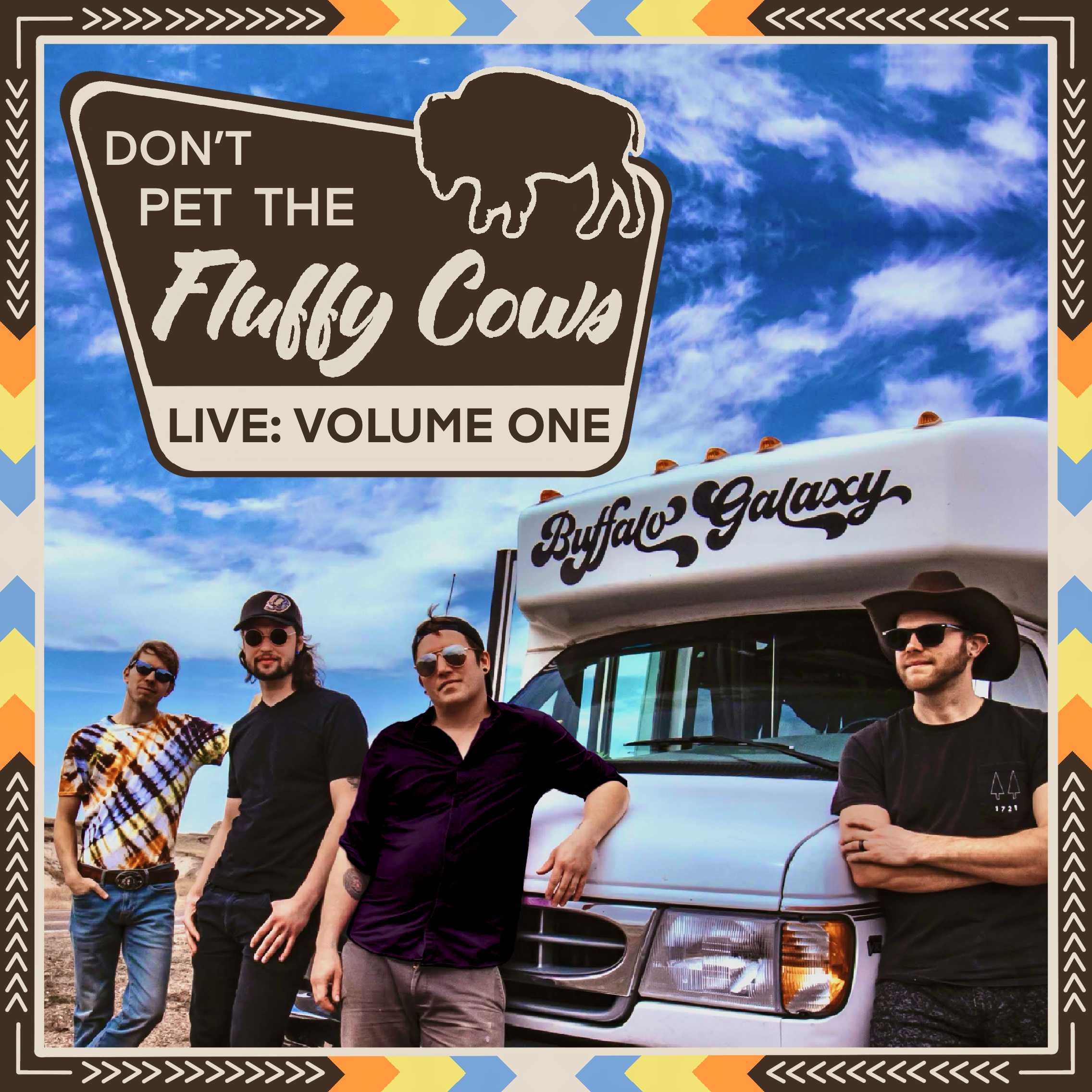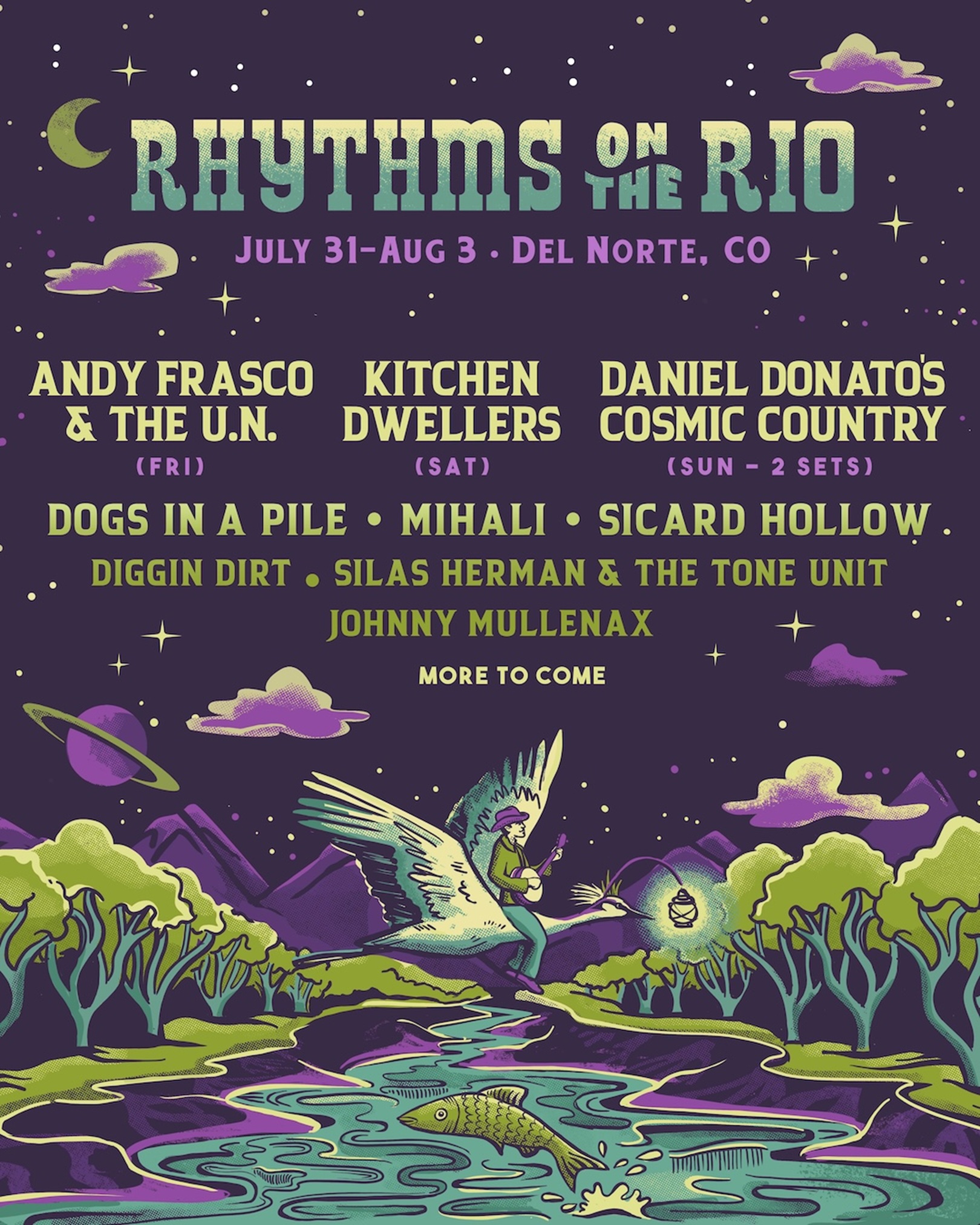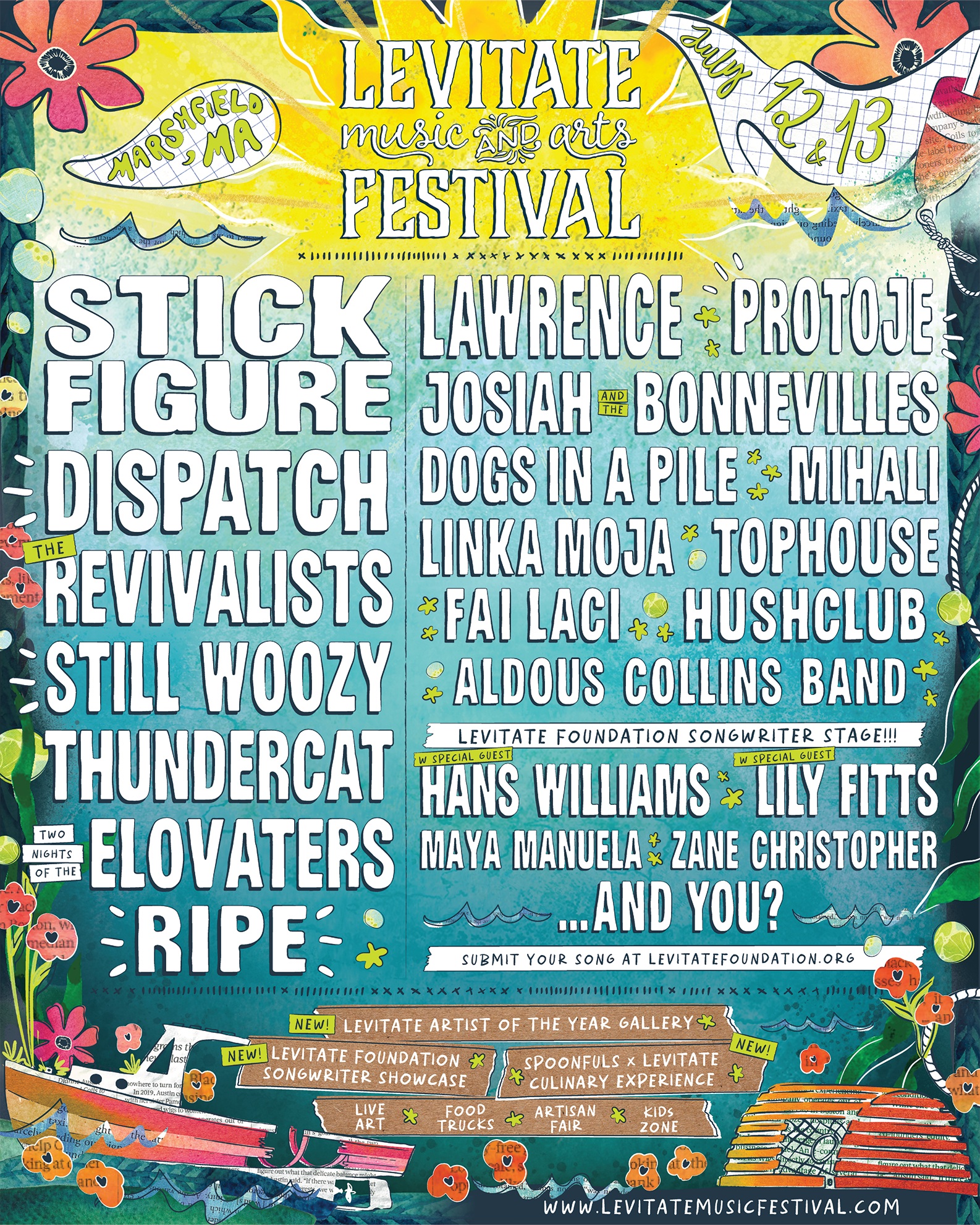At the heart of the Grateful Dead community is an ethos defined by peace, love, and communal harmony—a spirit that took root in the 1960s counterculture of San Francisco. Deadheads embrace open-mindedness, empathy, and a willingness to explore and share new experiences, both musical and personal. Their gatherings emphasize acceptance, freedom of expression, and unity, reflecting the band’s improvisational artistry and refusal to conform to the rigid norms of the corporate music industry. This nonjudgmental outlook is woven into a larger tapestry that values collective well-being, environmental consciousness, and an overarching belief that compassion should guide our interactions with one another.
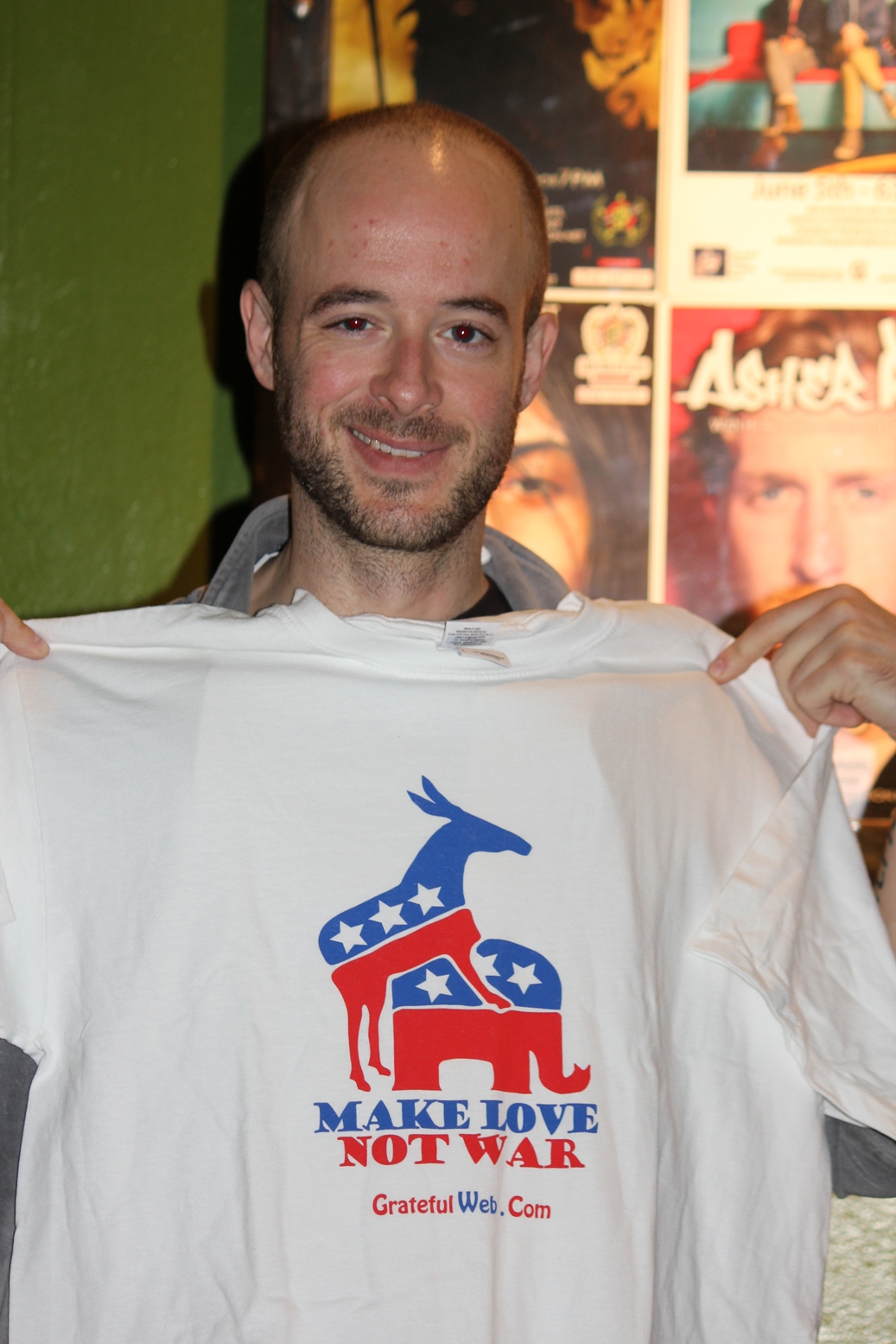
In contrast, Donald Trump’s public persona and political style lean heavily toward confrontation and divisiveness. His rhetoric, particularly on topics such as immigration, social justice, and climate policy, has been perceived as exclusionary by many. The emphasis on law and order, nationalism, and traditional power structures can appear at odds with the anti-authoritarian, open-hearted values that have long characterized Deadhead culture. Trump’s approach—often centered on strong borders, crackdowns, and unilateral decision-making—feels incompatible with the grassroots spirit that rejects top-down directives and celebrates decentralized, communal engagement.
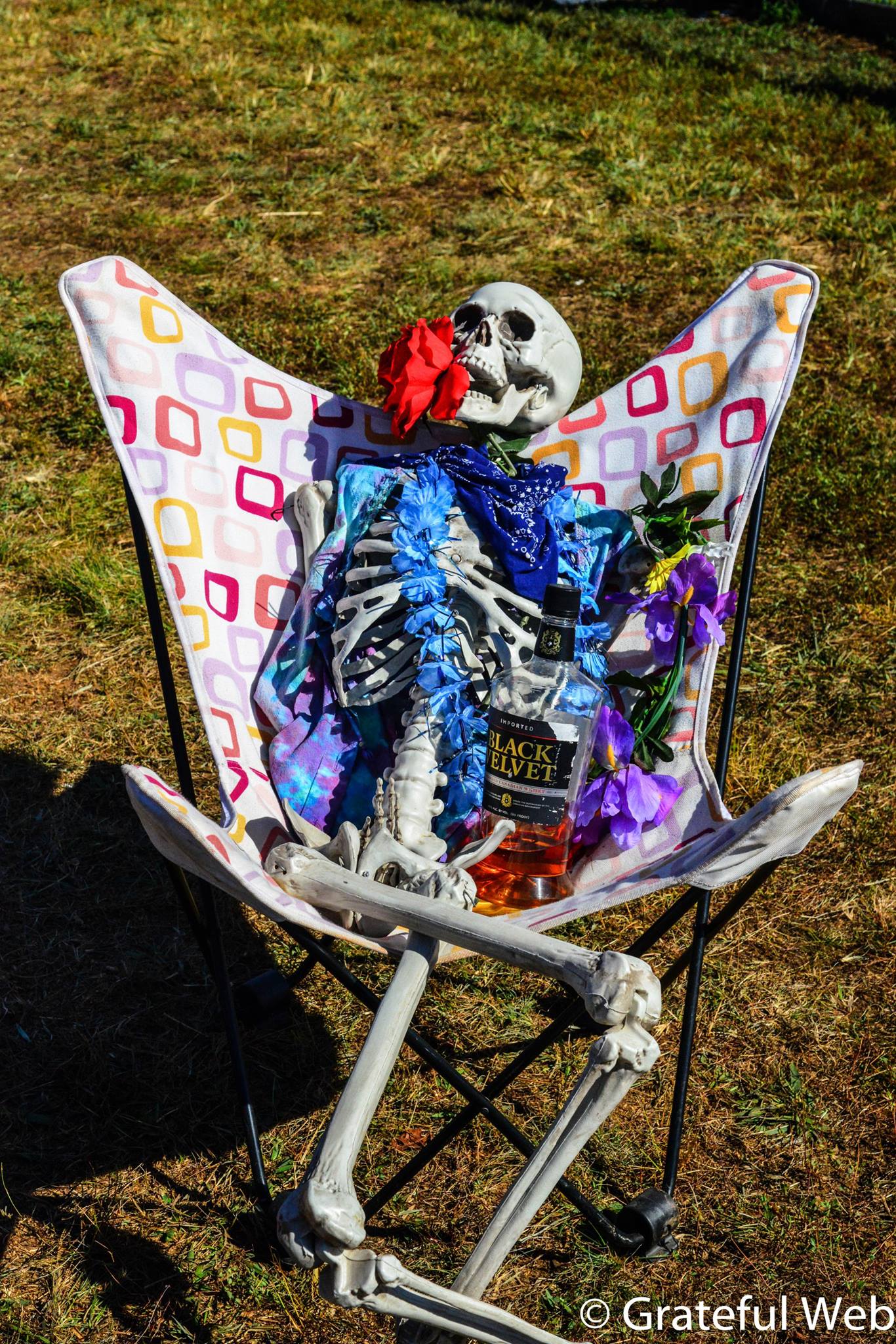
Environmental stewardship is another key element of the Deadhead experience, both in principle and practice. Although not everyone who follows the band is an outspoken environmental activist, many key members and fans have championed ecological awareness and conservation initiatives. On the other hand, Trump’s term in office was marked by the rollback of environmental regulations, withdrawal from the Paris Climate Accord, and policies favoring fossil fuel expansion—steps widely criticized by activists and those worried about the planet’s future. This divergence further underscores the chasm between Trump’s policy agenda and the Deadhead community’s ecological sensibilities.

The Grateful Dead also came of age at a time when emerging countercultural movements placed inclusivity, social justice, and equality at the forefront of their mission. While the Deadhead scene was not perfect in its own diversity, it has historically fostered a welcoming space for varied lifestyles, personal identities, and belief systems. Trump’s language and policy stances—seen by many as marginalizing immigrants, women, racial minorities, and LGBTQ+ individuals—stand in stark contrast to a worldview that prioritizes unity, acceptance, and a collective sense of togetherness.

At a deeper level, the Deadhead mindset champions spontaneity, authentic creativity, and personal freedom, famously allowing fans to tape shows and exchange recordings without the typical music-industry constraints. By contrast, Trump’s background is in brand-building, celebrity culture, and displays of wealth—an image of top-down authority and personal grandeur that runs counter to the grassroots, communal energy permeating Deadhead circles. This clash of values leads many to claim that supporting Trump while identifying as a Deadhead is a contradiction. The Deadhead tradition emphasizes cooperation over divisiveness, harmony over conflict, and environmental and social consciousness over narrow self-interest, and for many in the community, those values simply cannot coexist comfortably with Trump’s public persona and policies.






